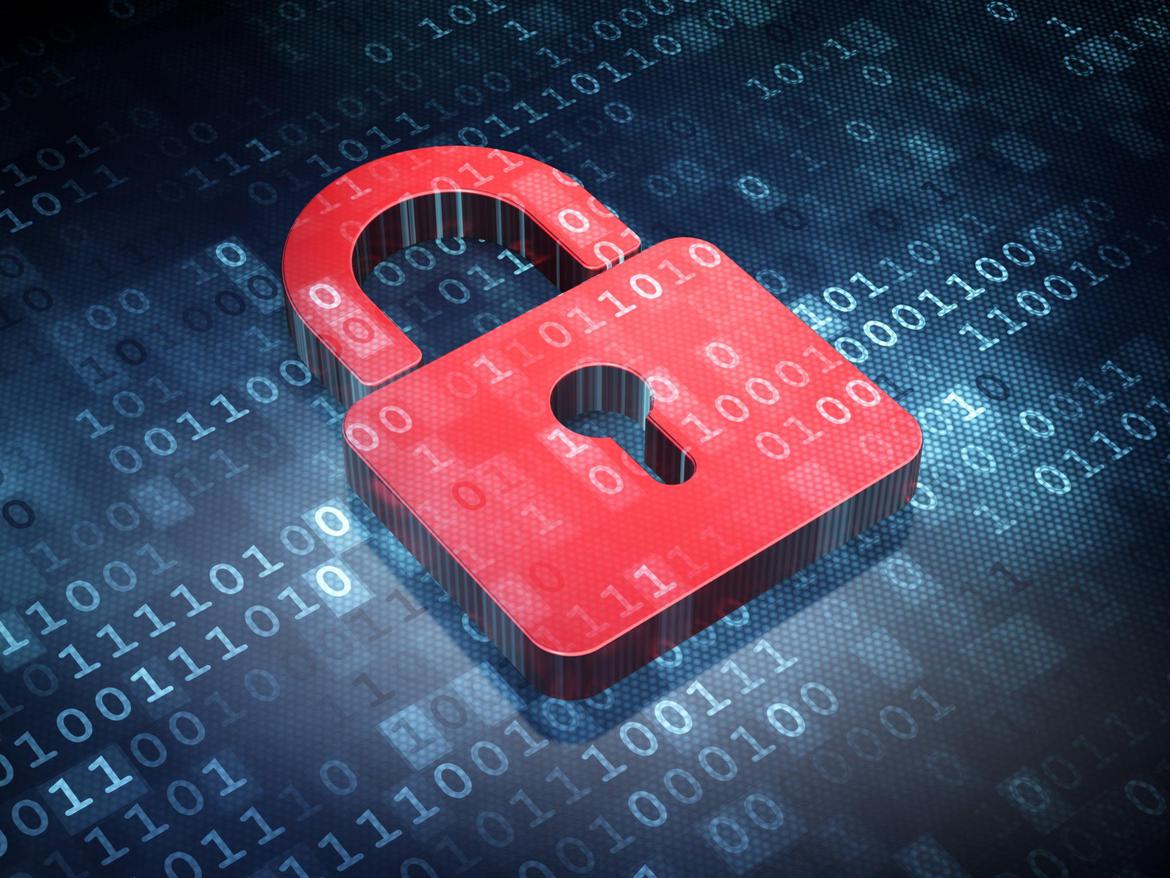
One-Click List-Unsubscribe Header
Back in 2015, the CSA wrote about the benefits of List-Unsubscribe headers in emails. Since then, more providers offer unsubscribe functionality within their web interface […]

Back in 2015, the CSA wrote about the benefits of List-Unsubscribe headers in emails. Since then, more providers offer unsubscribe functionality within their web interface […]

To put it in a nutshell, DomainKeys Identified Mail (DKIM) enables a receiving email server to authenticate the sender of an email. The sending email […]

The List-Unsubscribe header is a simple way to offer the recipients an alternative way toeasily unsubscribe – with a single click – from a newsletter, […]

IPv4 allows for around 4 billion addresses, of which 3.7 billion are usable. This address space is becoming increasingly exhausted. At the end of July […]
Back in 2015, the CSA wrote about the benefits of List-Unsubscribe headers in emails. Since then, more providers offer unsubscribe functionality within their web interface and email software like iOS Mail also offers that functionality outside the content of the email in the context of the program. Read more here.
To put it in a nutshell, DomainKeys Identified Mail (DKIM) enables a receiving email server to authenticate the sender of an email. The sending email server digitally signs each sent email. These signatures are cryptographically created with a so-called private key. These digital signatures are placed in the email header, which the end user normally doesn't see. The receiving email server can, however, validate these signatures via the corresponding public key which needs to be placed in the Domain Name System (DNS), so the receiving email server can fetch it from there. Read the full document here
The List-Unsubscribe header is a simple way to offer the recipients an alternative way toeasily unsubscribe – with a single click – from a newsletter, if the provider or email-clientuses the given information. It's an additional option to the normal unsubscribe-link,mostly offered at the end of every newsletter.
IPv4 allows for around 4 billion addresses, of which 3.7 billion are usable. This address space is becoming increasingly exhausted. At the end of July 2015 only 160,000 IPv4 addresses were still available to the American Registry for Internet Numbers (ARIN): That represents 0.01% of the total addresses managed by ARIN. IPv6 is a must in order to continue to be able to address the growing number of servers in future.